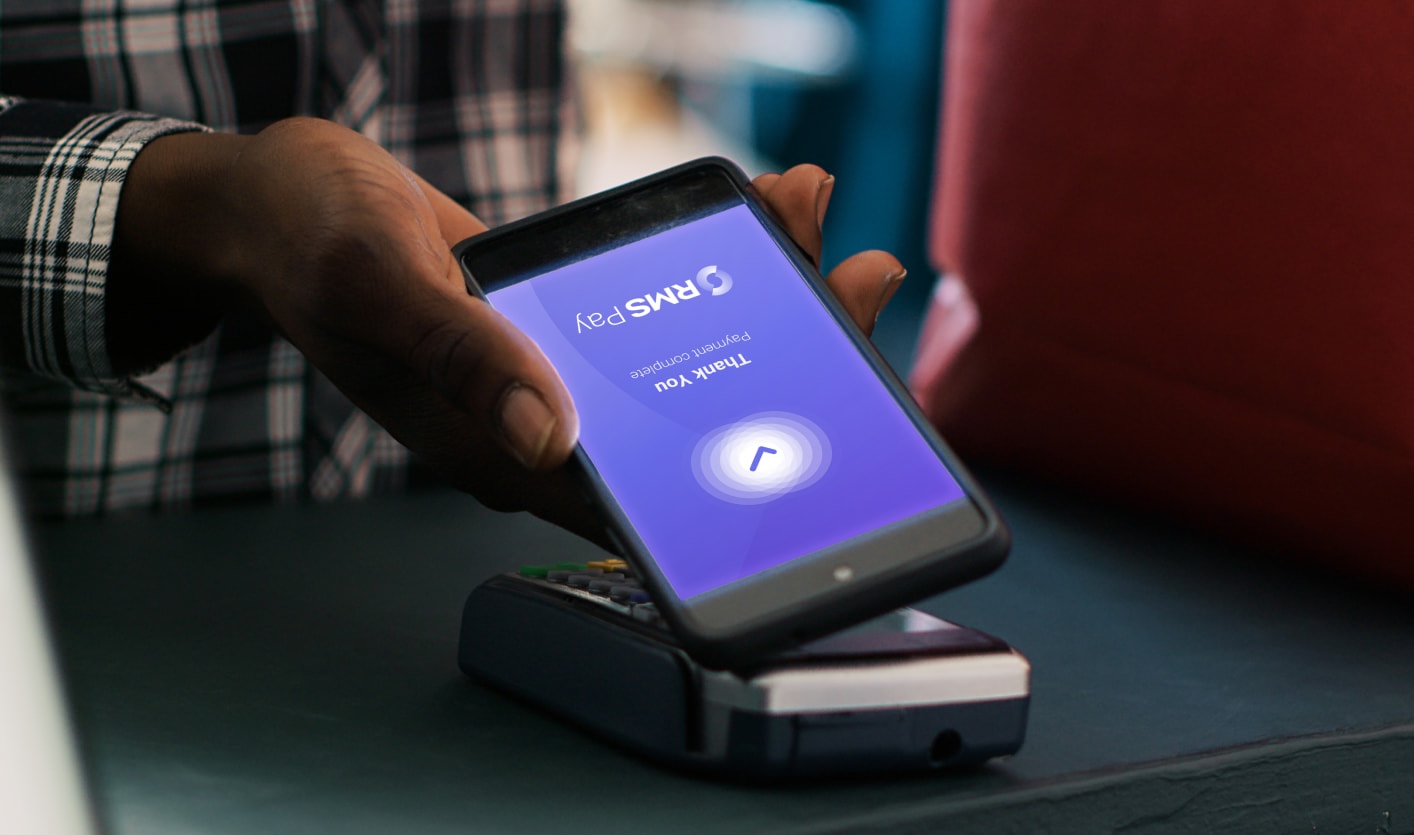RMS Pay, a global property management system provider, is expanding its payments platform into the North American outdoor hospitality market.
In an exclusive interview with Modern Campground, James MacRae, head of payments at RMS, said the company is aiming to simplify how campgrounds and glamping businesses handle transactions by embedding payments directly into its cloud-based platform.
MacRae explained that RMS is trusted by more than 7,000 businesses in 70 countries, ranging from campgrounds and glamping sites to hotels and short-term rentals.
“RMS is designed to streamline operations, elevate the guest experience, and help operators grow sustainably,” he told Modern Campground.
The system connects reservations, guest communication, housekeeping, reporting, and payments into one platform, providing real-time insights for operators.
Streamlining Payments and Reducing Administrative Work
RMS Pay has already proven successful in Australia and Europe, and the time is right for its introduction in North America. MacRae pointed to pressures facing operators in the U.S. and Canada, including staffing shortages, rising costs, and the challenges of disconnected technology.
“Many still rely on third-party gateways, spreadsheets, or clunky workarounds to manage payments,” he said. “RMS Pay changes that by embedding payments directly into the RMS Property Management System.”

One of the major advantages, he said, is reducing no-shows and chargebacks. RMS Pay enables operators to collect pre-arrival deposits and scheduled payments, ensuring balances are settled in advance.
The system also offers “Pay by Link,” allowing guests to complete payments securely via SMS or email.
With the added protection of EMV 3-D Secure, MacRae said operators can enforce their cancellation policies while reducing fraud and chargeback risks.
The platform also supports stronger financial planning. By ensuring revenue is collected at booking milestones instead of at check-in or check-out, RMS Pay helps operators forecast income and manage expenses with greater certainty. “This predictable inflow of funds makes it easier for operators to forecast revenue, manage operational costs, and plan with confidence,” he noted.

Beyond financial predictability, RMS Pay reduces administrative burden. Every payment is directly linked to its booking, eliminating manual reconciliation and report matching. “There’s no printing settlement reports or juggling third parties,” he said. Features like Pay by Link also streamline check-in, cutting down queues and giving staff more time to focus on guests.
The Pay by Link feature, he added, is particularly useful for outdoor hospitality operators, who often receive bookings through phone calls, social media, or third-party sites. Instead of manually chasing credit card details, staff can send a secure link tied to the booking.
Guests pay on their preferred device, making it easier to complete transactions after hours, for group stays, or for add-ons like firewood or rentals.
Security, Trust, and Guest Confidence
Security has been a priority in building the system. RMS Pay is PCI DSS Level 1 compliant, the highest level of global payment security.
“Because it’s fully embedded within the RMS platform, sensitive card data never needs to be stored or manually handled by staff,” MacRae said. The system also includes real-time fraud monitoring, dispute management tools, and preauthorization workflows.
He also emphasized that secure, seamless payments are particularly important for campgrounds and glamping operators, where bookings often happen outside office hours or through remote channels.
“For campgrounds and glamping businesses—where bookings often occur after hours or via remote channels—RMS Pay makes secure, compliant payments effortless,” he said.
When asked about emerging payment trends, MacRae pointed to a growing shift toward mobile and digital-first methods.
He noted that 90% of Australians already make mobile payments regularly, and by 2034, millennials, Gen Z, and Gen Alpha—generations driven by apps and devices—will make up most of the workforce.
Looking ahead, he expects credit card details to become rare, replaced by network tokens and alternative payment methods that minimize fraud.
Artificial intelligence will also reshape how bookings and payments are managed. “We will see a shift from the booking engine to Agentic AI driving both direct and indirect revenue channels with fully integrated payments,” he said.
Operator Feedback and the Future of RMS Pay
Feedback from current RMS Pay users has been positive. He said that operators are saving an average of five hours per week on administration, with one business reclaiming 416 hours annually by eliminating manual reconciliation tasks.
Looking ahead, RMS plans to build on its foundation with more flexible payment options. MacRae said the company is focused on expanding mobile and contactless choices, such as QR payments for late check-ins or amenity upgrades.
Multi-property operators will also see deeper automation tools, including real-time dashboards and intelligent alerts for reconciliation, refunds, and settlement tracking.
Ultimately, MacRae envisions RMS Pay becoming a central part of a fully integrated guest journey.
By connecting payments, bookings, communications, and upsells, the system could allow campgrounds to set up automated billing for retreats or streamline transactions across multiple properties.
“Our goal is to remove the friction from payments, so campground and glamping operators can focus on delivering exceptional stays—not chasing transactions,” he said.
“Longer term, we see RMS Pay playing a key role in fully integrated guest journeys – where payments, bookings, communications, and upsells are all connected in one seamless flow,” he noted.
For more information about RMS Pay, visit RMS’s website here.
Featured image by RMS Pay


